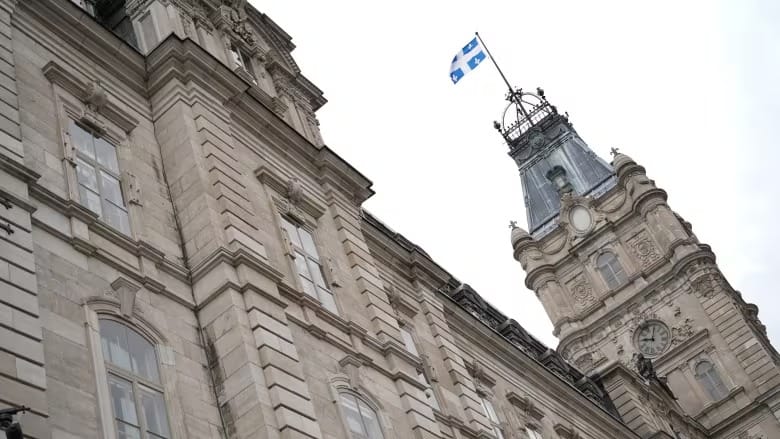What the GST holiday means for consumers — and why some economists are worried
Federal government said it will slash GST for 2 months, send $250 to some households

The federal government announced a holiday season tax break on Thursday, sparking mixed reactions from Canadians. While some see it as a helpful measure, others criticize it as insufficient or politically motivated.
"I think it's going to be helpful for some people, which is really nice," said Leemor Valin, a Toronto shopper. Valin added, "I’m happy to pay taxes myself because I believe in the services they provide, but I’m also glad this might help people during tough times."
Starting December 14 and running through February 15, 2025, the government will eliminate the GST on select goods and services, such as prepared foods, restaurant meals, children’s toys, books, and Christmas trees. Additionally, working Canadians earning $150,000 or less in 2023 will receive $250 cheques in the spring.
However, some, like Jack Knight from Barrie, Ontario, view these policies skeptically. "It’s just bribery," Knight remarked. "When elections come around, politicians start handing out gold bars. It doesn’t wash with the public."
Others criticized the temporary nature of the measures. Lisa Amato, another shopper, suggested the tax break should last "until the economy improves." On the other hand, senior citizen Marilyn Reid appreciated the initiative, saying it would ease her shopping expenses.
Impact on Businesses and Concerns About Inflation
Small businesses anticipate a surge in demand during the GST holiday, which could offer relief amid slow consumer spending. Toronto toy store owner Sam Care expressed optimism about a busy holiday season but also raised concerns about inventory, staffing, and preparation. "It’s going to mean extra work for us behind the scenes," she said.
Dan Kelly, president of the Canadian Federation of Independent Business, welcomed the tax break but criticized its temporary nature, suggesting permanent relief would better support businesses and consumers.
Economists, however, raised concerns about potential inflationary effects. Benjamin Reitzes of the Bank of Montreal noted that inflation might temporarily decelerate during the tax holiday but rebound afterward. Rob Gillezeau, an economist at the University of Toronto, called the policy a “nightmare,” arguing it distorts consumer spending without providing meaningful affordability relief.
Gillezeau added that the measures, which will cost $6.28 billion combined, fail to address the needs of lower-income Canadians. "I don’t know how you justify excluding the lowest earners from an affordability perspective," he said.
Limited Benefits for Affordability
Critics like Kitty Raman Costa, who runs a Toronto food bank, emphasized that the tax break won't address deeper affordability challenges. "It provides a small break, but it’s not enough to make a meaningful impact," Costa said, calling for more sustained support for Canadians facing financial insecurity.
Despite these concerns, the two-month GST exemption is expected to provide short-term savings for many Canadians while raising broader questions about its long-term economic impact.





